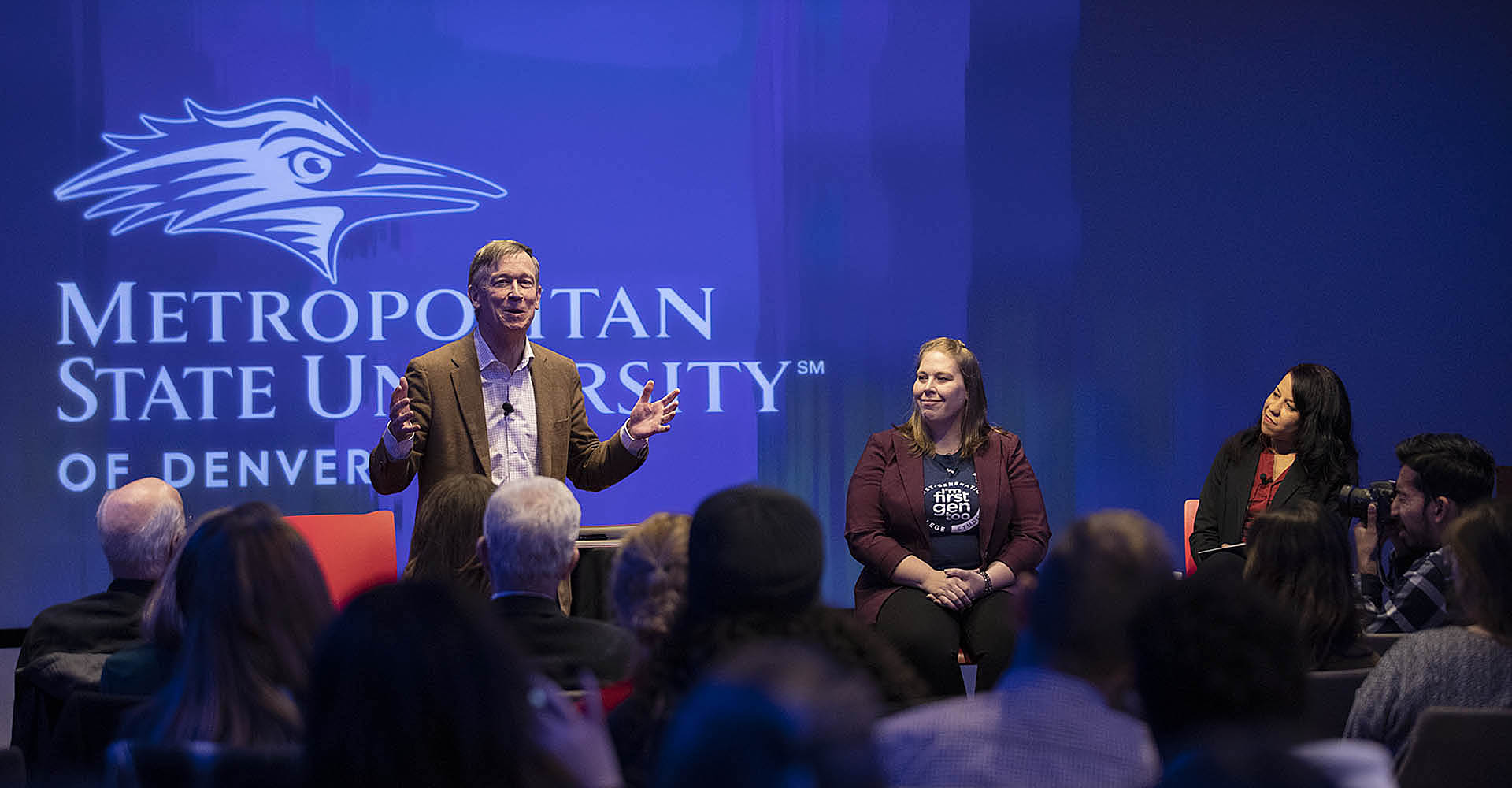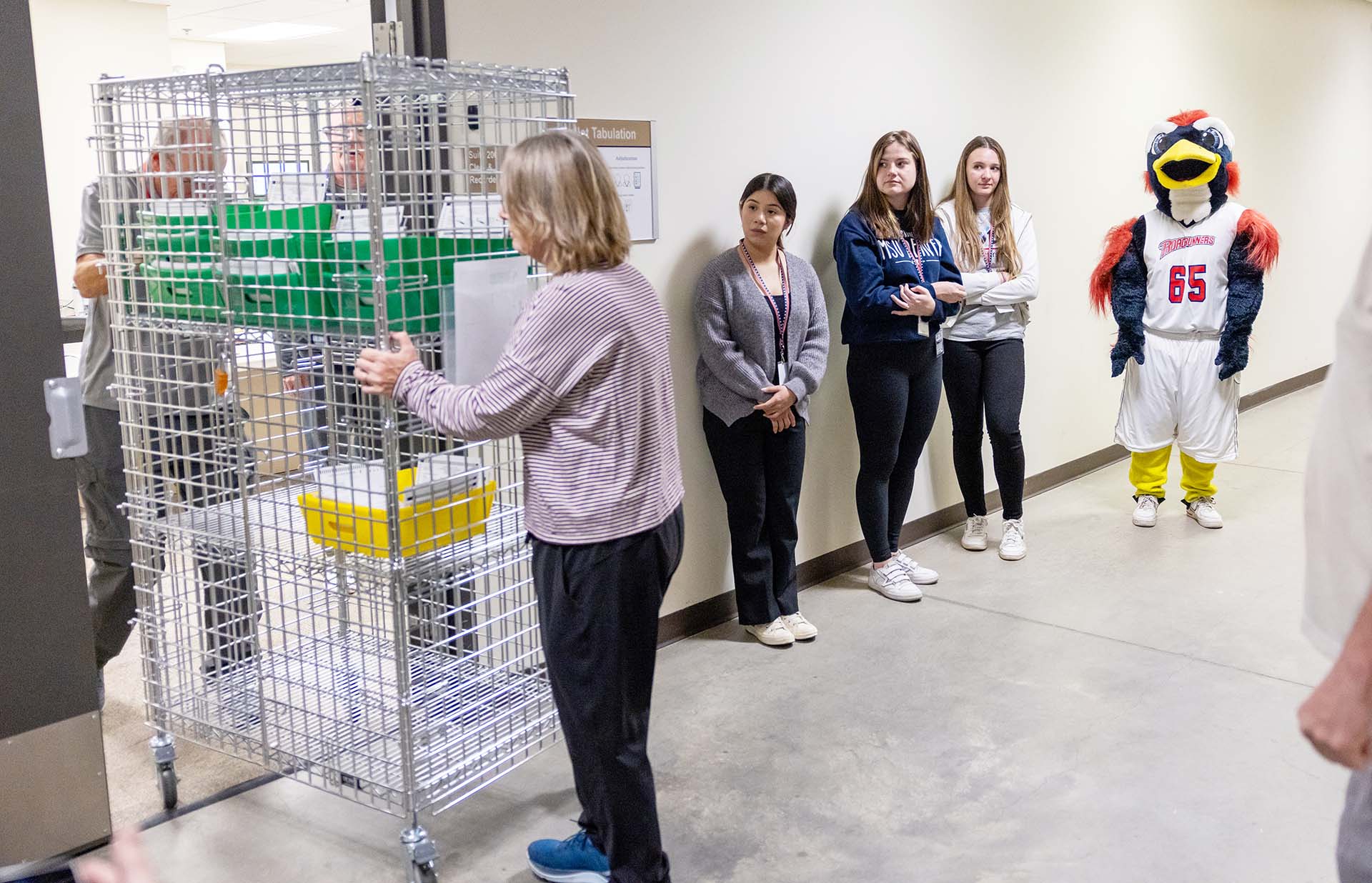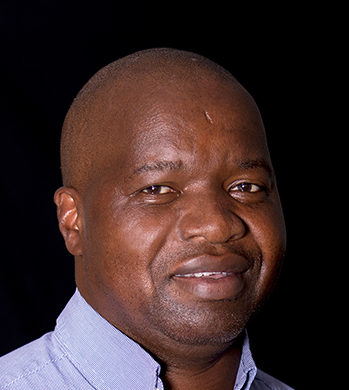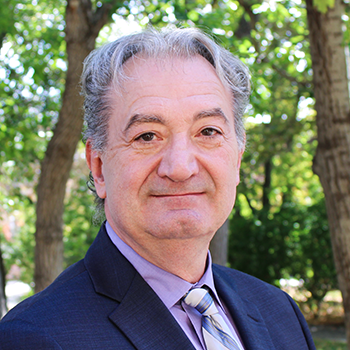Hickenlooper touts record as consensus builder
The former Colorado governor highlights his accomplishments on health care, the economy and gun safety in the first of a series of conversations with 2020 U.S. Senate candidates hosted by MSU Denver.

Former two-term Colorado Gov. John Hickenlooper said Thursday he’s the U.S. Senate candidate to fix Washington, D.C.
His pitch? He’s brought his purple state together to solve big issues before.
Hickenlooper touted his accomplishments as a consensus-builder in the first of a series of conversations with Colorado’s 2020 U.S. Senate candidates hosted by Metropolitan State University of Denver. It’s a similar pitch to the one he made in his short-lived 2020 presidential campaign.
“I kept saying, ‘Wait a second – we got to near-universal health care coverage in Colorado. We passed universal (gun) background checks. We’ve got the best climate-change program in the country. I’m the one that’s done all the things everyone else is talking about.’ And they looked at me and go, ‘OK. Next,’” he said of his presidential campaign.
Now, he sees those accomplishments as assets to separate himself from a crowded field vying to be Colorado’s Democratic candidate in the 2020 Senate race. He’s one of eight Democrats hoping to challenge Republican Sen. Cory Gardner next November.
MSU Denver has invited every Colorado U.S. Senate candidate for a conversation ahead of the 2020 election. In this first conversation moderated by Danielle Holmes, president of the University’s Student Government Assembly, and Katia Campbell, president of the University’s Faculty Senate, Hickenlooper answered questions solicited in advance from the University community.
Washington needs lawmakers with experience making decision that solve problems at the local and state level, Hickenlooper said.
“Washington is broken,” he said. “People like myself that were successful in small business and have real experience in small government and state government … we’re the ones who are supposed to go back and actually try to make the most important decisions facing our country and, sometimes, facing the world.”
The former two-term Denver mayor explained that his consensus-building approach worked statewide when he became the first Denver mayor to be elected governor in 120 years.
“We want to be the most pro-business state with the highest environmental standards, the highest ethical standards. … We want to reinvent how people participate in this economy. We made a pledge that the rural areas wouldn’t be left behind, and pretty much we delivered on that,” he said. “We had the No. 1 economy in the country according to U.S. News & World Report, but we were also one of the top three rural economies.
“That’s a function of getting everybody to work together.”
Financial support for higher education and the rising costs of college were a top concern on the Auraria Campus. While Hickenlooper said he does not support free college or universal student-loan forgiveness, he said the country should increase existing support structures. Those include federal Pell grants and incentives for those working in high-need industries or locations.
He commended MSU Denver for partnering with the business community to help students.
“In many cases, there’s an opportunity for businesses to provide support for students. We’ve seen that through a number of work-study programs. I think (MSU Denver) is probably one of the national models for this – of how as you’re studying, you’re also working and learning skills that will allow you to start off with a little momentum. You have a running start when you begin your career,” he said.
U.S. Senate Candidate ChatsMSU Denver invited all Colorado U.S. Senate candidates to campus for 90-minute conversations ahead of the 2020 election. Below are the confirmed candidates, dates and times. Nov. 20, 2019 Jan. 28, 2020 | 11:30 a.m. Jan. 29, 2020 | 10:30 a.m. Feb. 11, 2020 | 2 p.m. Feb. 17, 2020 | 1 p.m. Feb. 24, 2020 | 2 p.m. Feb. 25, 2020 | 1:30 p.m. All events will be held in the Jordan Student Success Building, Room 420.
|
|
Hickenlooper Thursday reiterated that he did not support “Medicare for All” championed by Democratic presidential candidates such as Sen. Bernie Sanders and Sen. Elizabeth Warren. A public option, he said, is the best path to universal health care in the U.S.
“There’s a better way to get to the same outcome,” he said. “You can end up in a single-payer system, and it would be an evolution, not a revolution.”
More than 94% of Coloradans have health insurance, Hickenlooper said, because the state under his leadership expanded Medicaid while instituting an innovative Affordable Care Act health-insurance exchange that provided subsidies to attract more insurance companies and provide consumers affordable choices. Undoing the Affordable Care Act, he said, would take health care away from those with preexisting medical conditions — a group that includes 789,000 Coloradans.
As the U.S. Supreme Court weighs the fate of the Deferred Action for Childhood Arrivals program, Hickenlooper reiterated his support for DACA recipients, many of whom benefit from the Advancing Students for a Stronger Economy Tomorrow law, or ASSET bill, that he signed into law as governor to provide in-state tuition to undocumented immigrants. He said we need to fix the problem once and for all.
“The kids who are DACA, they don’t have another country to go home to. They’re Americans. … It’s long overdue. Why is it Washington can’t fix something where almost everybody agrees?” he said, citing polls showing 74% of Americans favor granting permanent legal status to DACA recipients.
When asked about the Green New Deal, Hickenlooper said he supports the urgency and its goals but questioned its ability to pass Congress or survive litigation should it pass.
“We’re so far behind the 8-ball. We’re a day late and a dollar short,” he said. “We have to be laser-focused on issues like getting rid of methane, accelerating the transition to electric vehicles and addressing the issues in industrial admissions. … I support the urgency. I support the goal. But I think that as legislation, it needs to be much more laser-focused to get through Congress rapidly so we can make progress in the near future.”
On the topic of gun safety, Hickenlooper said he would want to see more data before supporting a national gun buyback program. However, he said he generally supported “everything we can do to reduce gun violence” and lamented that the U.S. Senate had not acted on gun safety legislation. Hickenlooper blamed Senate Majority Leader Mitch McConnell and his allies for failing to even hold a vote on universal background checks, which Colorado enacted in 2013.
“We passed universal background checks in Colorado – a purple state – we got it passed,” Hickenlooper said, adding that the battle over that 2013 legislation helped him develop the decision-making philosophy he would bring to the senate.
When he explained to his then-10-year-old son Teddy the ongoing legislative process on gun safety, the boy was nonplussed, Hickenlooper said. Teddy wanted to know what was so difficult about decision making, Hickenlooper recalled, and then told his dad to “get the facts, make a decision, check next.”
The exchange inspired Hickenlooper to request Colorado-specific data on federal background checks, which accounted for approximately 50% of gun sales in the state at the time, he said. When the state drilled down on that data, it showed that federal background checks, in fact, did stop felons from buying guns in Colorado, changing the entire debate.
Some 3,000 convicted felons tried to buy guns in 2012, Hickenlooper said. Of those, 38 were convicted of homicide and 133 were convicted of sexual assault. Likewise, that year 420 people with judicial restraining orders were stopped from buying a gun and 240 people with outstanding warrants on violent crime were arrested when they tried to pick up a gun they had applied for.
Once data from cities and states enters the debate, universal background checks on gun purchases is a winning proposition, Hickenlooper said.
“(The data) is a breath of reality that politicians can’t ignore.”







